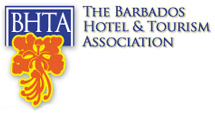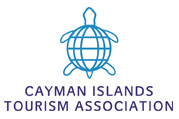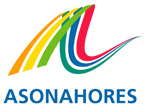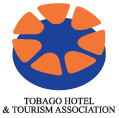Developing Millennial Leaders
By Tatiana Milan, Director of Human Resources, OBM International
Millennials are the largest living generation, according to the U.S. Census Bureau, and also make up the largest segment of today’s workforce. Therefore, developing the proper training and professional development strategies must be a priority for management in order to successfully pass the leadership baton to the next generation. Consider the following as you mobilize your next-gen leader.
A Culture for the Greater Good
Despite what public opinion may say, millennials are very much interested in developing management and leadership skills. This group is eager to take action and practice in the context of their work. However, millennials have a team mindset where they expect everyone to pull their weight. They want to feel as though they are contributing to the success of not just themselves, but each other and the company as a whole.
Leaders Must Know & Show the Way
Generally, millennials do not view leadership as a title but rather by the actions illustrated by leaders on a consistent basis. They like to see their leaders ‘walk the walk’ and teach by example. They believe the can make a difference and because of this, they have high expectations of themselves, team members and leaders. Having said all this, regardless of generation, not everyone is a natural leader. And not everyone with a leadership title is viewed as a leader by a millennial. Millennials enjoy a horizontal organizational structure, open door policy, transparency and honesty.
Willingness & Commitment Take Priority
In looking to put any of staff on a management track they must show consistent, steady professional growth regardless of formal education. At OBM International, the management team firmly believes that they can teach the skills but know they can’t teach the attitude. Having the right attitude in hospitality industry is critical. Millennials interested in the management track at OBMI must also demonstrate presentation skills, a high emotional intelligence, teamwork and an ability to help those around them. They must also demonstrate the interest in learning skills that they will need in order to be a successful leader.
Leverage Digital Strengths
As younger professionals take on more leadership roles, there is an emphasis on working smarter and not harder. Technology has made it easier to achieve this goal. Through their knowledge of the digital world, millennials can be more accessible and work remotely allowing them to learn on the go and interact with different parts of the world. Tech also gives millennials the chance to enjoy more experiences outside the office, providing a greater opportunity to make a difference in the world, which is very important for them.
By recognizing that millennials have grown up in a more connected world and have different priorities than previous generations, employers can create a better program to train and develop leaders within their organization. Once you develop strong performers, you may rest easier knowing your company’s legacy is in good hands.

































